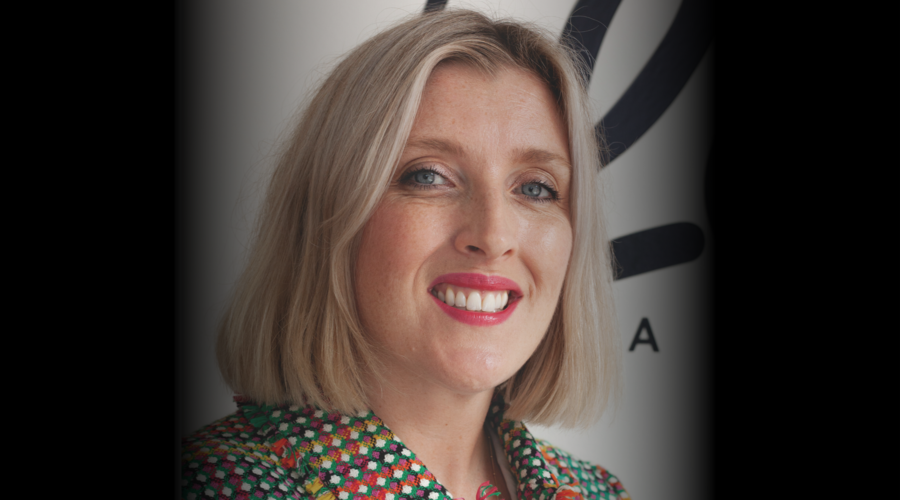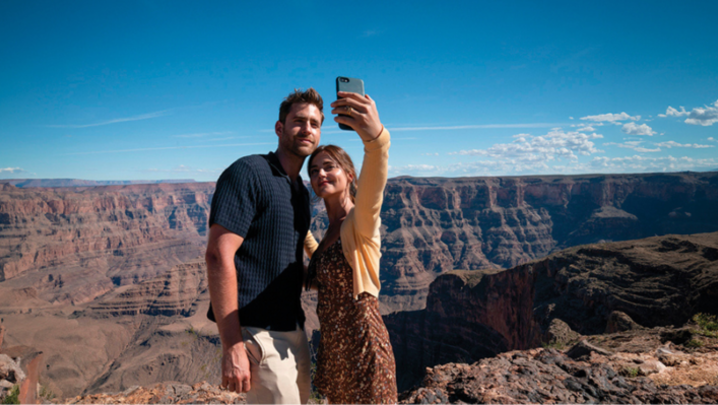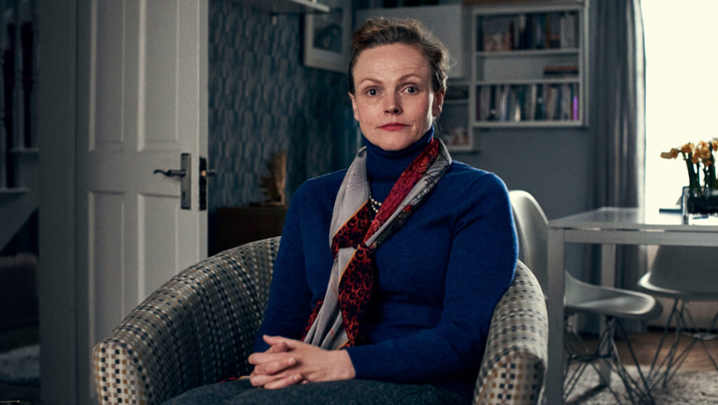Lucy Price moved from working as an assistant director to start her own TV and film talent management agency, Loop Talent. The agency finds work for freelance crew, from runners to heads of department, on shows including the hit BBC sitcom Ghosts.
You launched Loop during Covid…
It may seem odd to start a talent management agency during a pandemic, but it turned out to be an ideal time. While not working, many heads of department were reassessing their careers and looking for a fresh approach to management. This created an opportunity for us to quickly connect with, and secure, a diverse range of talent.
Why did you start the agency?
I’d worked as an assistant director for many years; I loved my job, but I wanted to start a family. Realistically, I couldn’t see how I could do both. That’s why at Loop we champion working parents, and try to support them through flexible working and job shares. I stopped being an assistant director, began working for another agency and realised I’d found my passion. When I became a mother, I wanted to show my daughters that they could create their own opportunities, and, after many years of “agenting”, I was ready to start on my own.
Were you confident there was a gap in the market for a new agency?
Absolutely. At Loop, we bring a fresh approach to talent management rooted in our own experiences in the industry. Our entire internal team consists of ex-freelancers who have worked in production, casting and development. This first-hand knowledge allows us to offer valuable insights and support to our clients, having navigated the industry’s highs and lows ourselves.
Did you always want to work in TV?
I had no connections in the industry and didn’t realise it was a viable career path until a sixth-form careers talk where someone mentioned that their daughter was studying broadcasting at Leeds University. That piqued my interest and I decided to pursue it. Part of the degree was work experience on the BBC police drama Waking the Dead, and my first paid role was as a runner on Holby City. I met so many brilliant people and even now, years on, I still rely on so many of the contacts I made on my first days on that shoot. I went on to work as an assistant director on films and TV shows for Sky, BBC One and ITV.
What exactly does a talent agent do?
A talent agent is an ally in the career of a freelancer. We connect clients to job opportunities, negotiate contracts and handle administrative tasks such as invoicing and payments. We also manage bookings to keep schedules organised. Beyond the logistics, we provide support and guidance, helping clients navigate the industry’s ups and downs.
Do you specialise?
Loop represents crew, from runners to DoPs, working in film, high-end TV commercials and music promos. We see ourselves as a one-stop-shop for filming. You can come to Loop and find your DoP, production manager, camera team, intimacy coordinator and runners.
How do you find clients?
When I first launched the agency, I had a list of heads of department that I believed I could help reach the next level in their careers. Many of them approach us now, which is fantastic. We have a rigorous vetting process to ensure they align with Loop’s ethos and values.
Is it a tough market for TV freelancers at the moment?
It has been challenging, but I’m optimistic about the future. Many of our clients are already booked out for the next year, which is a positive sign for the industry.
What does a typical day look like?
I don’t sit behind a big desk with a cigar. That’s a cliche. I’m often on the move – meeting clients, visiting sets, checking in with production companies and attending screenings or industry events. It’s all about staying connected, building relationships and ensuring our talent is front and centre for the best opportunities.
What qualities does an agent need?
Resilience, passion and genuine belief in your clients are essential. Producers can tell when you’re truly invested, and it’s that authenticity that builds trust. You have to know the industry inside out and advocate for talent you genuinely believe in. For me, it’s all about building strong, honest relationships that reflect our passion and confidence in the talent we represent.
What do you bring to work with you?
I drop my kids off at school and then, whether I’m working at our Victoria office in central London or at home, all I need is my laptop and phone.
What are the best and worst parts of the job?
The greatest reward is seeing a client’s potential realised. When they land a job, expand their network, deliver exceptional work or win awards, it’s pure joy to watch their careers soar. Knowing you’ve played a key role in their success is incredibly fulfilling. The hardest part is when you think a client is perfect for a project but doesn’t get it. It’s tough for the talent and for us, but we remain committed to pushing forward, always seeking the next opportunity to help them progress.
What advice would you give someone keen to work in talent management?
Understand the film and TV business first. On a shoot, you might work 15-hour days, six days a week; it’s exhausting and you can feel overwhelmed. As an agent, it’s crucial to understand the challenges clients face.
How do you see Loop Talent evolving?
Four years since we launched, our ethos remains the same – to empower, nurture and progress our fantastic talent. Our early goals still resonate today, and we continue to make our mark with a brilliant and diverse
roster, including our collaboration with the charity Arts Emergency.
We want our clients to continue to work on smart, culturally relevant projects. And as a company, I want us to collaborate with other people and companies aligned with our values.







